Epidemics of Injustice
This annual course, with lectures free and open to the public, prepares public health leaders and community members with the tools to bring about social change and address structural determinants of health. All course meetings will take place virtually, convening each Thursday during the spring semester (excluding spring break) from 5:30 - 7:30 p.m. CST, beginning January 11, 2024.
Epidemics of Injustice is led by the Radical Public Health student group and sponsored by the Division of Community Health Sciences at the UIC School of Public Health. Please visit the course site HERE for the latest updates and announcements.
How to participate Heading link
-
UIC students
UIC students can enroll through the course catalogue in IPHS 430: Epidemics of Injustice using CRN: 44551.
-
Community members
Register HERE by self-selecting which class sessions you want to attend.
-
Video archive
If you miss a class, we’ll upload the full videos from 2024 here. View 2023 recent course archives. View 2022 and 2021 older course archives.
2024 Course Schedule Heading link
-
January 11
Overview of health equity with Dr. Linda Rae Murray.
-
January 18
Root cause analysis and developing a shared class dictionary with UIC Radical Public Health.
-
January 25
We have to stop running from the centrality of racism: place, race, and public health with Dr. David Stovall.
-
February 1
Power mapping with Sari Bilick from Public Health Awakened (PHA).
-
February 8
Palestine 101, medical apartheid, and building possible worlds with Students for Justice in Palestine (SJP) at UIC.
-
February 15
Building a campaign around politicized topics with Arturo Carrillo and Elena Gormley.
-
February 22
Overlapping systems of oppression, cumulative disadvantage across policy domains, and how that manifests in worker exploitation in the Chicagoland area with Leone Jose Bicchieri and Kevin Johnson from Working Family Solidarity.
-
February 29
Public writing action lab with Tiffany Ford.
-
March 7
Public history, oral history, and the history of HIV/AIDS with Jennifer Brier.
-
March 14
How to conduct oral histories action lab with Jacqueline Luciano from Long Covid Justice.
-
March 28
This session will be for registered for-credit students ONLY.
-
April 4
Participatory budgeting action lab with Rachel Pate from Chicago United for Equity (CUE).
-
April 11
Mutual aid, jail support, and the End Money Bond campaign with Rachel Lyons from Chicago Community Bond Fund.
-
April 18
Working together on purpose: consensus-building, shared decision-making, and maintaining equity with Tiffany Ford.
-
April 25
In-person film screening TBA
Class speakers Heading link
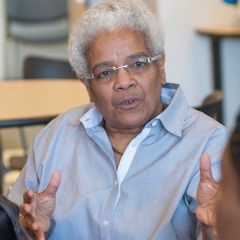
Dr. Linda Rae Murray, MPH ’80, has spent her career serving the medically underserved. She has worked in a variety of settings including Medical Director of the federally funded health center, Winfield Moody, which served Cabrini Green Public Housing Project in Chicago, Residency Director for Occupational Medicine at Meharry Medical College and Bureau Chief for the Chicago Department of Health under Mayor Harold Washington. Dr. Murray is the recently retired Chief Medical Officer for the Cook County Department of Public Health. She also practiced as a general internist at Woodlawn Health Center, was an attending physician in the Division of Occupational and Environmental Medicine at Cook County Hospital and is an adjunct Assistant Professor at the University of Illinois at Chicago (UIC) School of Public Health (Occupational & Environmental Health and the Health Policy & Administration departments). Dr. Murray plays a leadership role in many organizations including the National Association of City and County Health Officers Health Equity and Social Justice Team, the national executive board of American Public Health Association and serves on the board of the Chicago based Health and Medicine Policy Research Group. In 2011, Dr. Murray served as President of the American Public Health Association. She is the Co-Chair for the Urban Health Program Community Advisory Committee at UIC. Dr. Murray has been a voice for social justice and health care as a basic human right for over forty years. She remains passionate about increasing the number of Black and Latino health professionals.
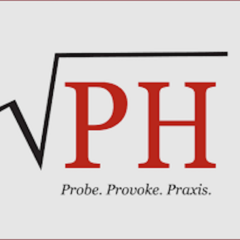
Radical Public Health (RPH) is an association of UIC students, alumni, faculty, staff, and community members that seeks to address the systemic, underlying causes of public health challenges and to consider more radical solutions.
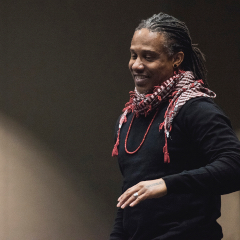
David Stovall, PhD, is a professor in the departments of Black Studies and Criminology, Law & Justice at the University of Illinois at Chicago (UIC). His scholarship investigates three areas 1) Critical Race Theory, 2) the relationship between housing and education, and 3) the intersection of race, place and school. In the attempt to bring theory to action, he works with community organizations and schools to address issues of equity, justice and abolishing the school/prison nexus. His work led him to become a member of the design team for the Greater Lawndale/Little Village School for Social Justice (SOJO), which opened in the Fall of 2005. Furthering his work with communities, students, and teachers, his work manifests itself in his involvement with the Peoples Education Movement, a collection of classroom teachers, community members, students and university professors in Chicago, Los Angeles and the San Francisco Bay Area who engage in collaborative community projects centered in creating relevant curriculum. In addition to his duties and responsibilities as a professor at UIC, he also served as a volunteer social studies teacher at the Greater Lawndale/Little Village School for Social Justice from 2005-2018.
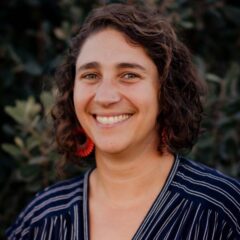
Sari Bilick (she/her) is the Organizing Program Director at Human Impact Partners (HIP), based in the Bay Area in California on unceded Lisjan Ohlone land. Sari leads HIP’s organizing work, including co-coordinating Public Health Awakened, a national network of public health professionals organizing for health, equity, and justice. She has over 15 years of experience in organizing and before joining HIP worked in labor, community, and political organizing and brings extensive experience in leadership development, training, and coalition building. Sari has engaged public health practitioners, healthcare and service workers, immigrants, tenants, domestic workers, and faith communities to take action around a wide range of economic and social justice issues. She is passionate about organizing and mobilizing communities around the issues most important to them and bringing a social justice and equity lens into all spaces.
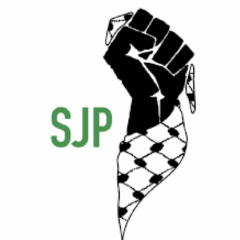
Students for Justice in Palestine (SJP) at UIC is a Palestinian-student led organization that advocates for a free and liberated Palestine. SJP at UIC also recognizes the Palestinian liberation is not one sided. Our movement is also aligned with the Black, Queer, and Filipino Liberation movements, as well as any oppressed group of people fighting for their liberation. We recognize that we are truly not free until we are all free.
SJP at UIC has been organizing on campus for 10+ years. We host educational, solidarity, and cultural events to advocate for a free and liberated Palestine. We also support and hold campaigns and protests on campus to advocate for a safer and more ethical space for all students. Currently, SJP has a campaign against the UIC School of Public Health for their contract they hold with the Jewish United Fund- a racist, islamaphobic, and transphobic organization. SJP at UIC recognizes that Palestine is a public health crisis, and zionism has no place in our curriculum.
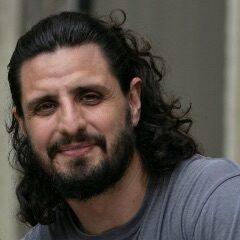
Arturo Carrillo, PhD, is a licensed clinical social worker and Director of Health and Violence Prevention at Brighton Park Neighborhood Council. He has led the Collaborative for Community Wellness to research and document the inequity of access to quality mental health services throughout low-income communities throughout the city and advocates for the creation of a city-wide non-police crisis response program grounded in an expanded publicly-operated mental health system in Chicago through the Treatment Not Trauma campaign.

Elena Gormley, MSW is a social worker, organizer and notable threat to the integrity of the social work profession. She has organized with Treatment Not Trauma since 2021 outside of her day job. Elena is the co-chair of the Chicago Democratic Socialists of America and serves on the Board of the National Lawyers Guild of Chicago.
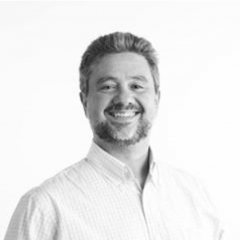
The proud son of Mexican and Italian immigrants, Leone Jose Bicchieri is the Founder and Director of Working Family Solidarity, and has worked for 30 years organizing workers and working families of all backgrounds for economic and racial justice, including farmworkers in the Northwest, poultry processing workers and chicken farmers in the Southeast, meatpacking workers in the Midwest & Plains states, janitors in Midwestern cities, & temp staffing workers in the greater Chicago area. He was national staff with the Immigrant Worker Freedom Ride, and also worked as a long-term volunteer in Nicaragua during the Contra War. Leone was recently Executive Director of the Chicago Workers Collaborative, a Chicago-based worker center, where he founded the “Bringing Down Barriers” program to unite African American and Latino temp staffing workers to win more rights at work. Leone was also a Founding Board Member of Raise The Floor, the alliance of eight worker centers in Illinois.
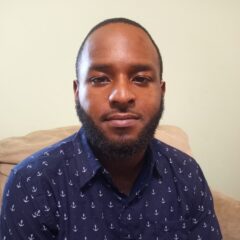
Kevin Johnson, Jr. is the Lead Organizer with Working Family Solidarity, organizing low-income workers, particularly African American and Latinx, and their families for more workplace rights, access to better jobs, and housing stability.
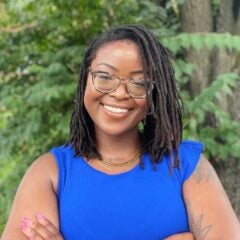
Tiffany N. Ford (she/her) is an Assistant Professor in the Community Health Sciences division at the UIC School of Public Health. Her research explores how anti-Black structural racism operates via policy, governance, and social norms to unequally distribute the resources that contribute to subjective well-being. Specifically, Dr. Ford is interested in place-based policy and practice interventions to support health status, financial security, and social support and relationships, three core determinants of subjective well-being, for people racialized as Black. She is the director of the Black Feminist Policy Lab at UIC, an abolitionist, queer Black feminist learning community that centers love, equity, and truth in the development of a policy agenda to support people racialized as Black in the U.S..
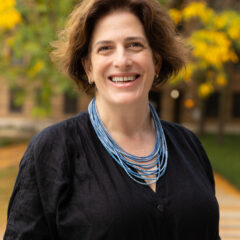
Jennifer Brier directs and is professor in the Program in Gender and Women’s Studies at UIC, and is also on the faculty in the History Department. She specializes in US sexuality and gender history as well as public history. Brier is the author of Infectious Ideas: U.S. Political Response to the AIDS Crisis, published by the University of North Carolina Press. As a curator, Brier worked with Jill Austin to produce Out in Chicago, the Chicago History Museum’s award-winning exhibition on LGBT history. She also curated “Surviving and Thriving: AIDS, Politics and Culture,” a traveling exhibition for the National Library of Medicine. As of 2019, a bilingual version (Spanish and English) of the exhibition is touring the country. Brier is at work on a major public history project called History Moves, a community-curated mobile gallery that will provide a space for community organizers and activists to share their histories with a wide audience.

Long COVID Justice (LCJ), a project of Strategies for High Impact, are leading grassroots, collective efforts to confront the Long COVID crisis, while centering racial, social, economic and disability justice. Our work is done by and for chronically ill and disabled people, our families and communities.
Jacqueline E. Luciano (she/her) is one of LCJ’s Narrative Architects in partnership with Dr. Jennifer Brier’s oral history project, Listening for the Long Haul: A Living History of Long COVID. She’a a first generation Filipino-American, mother of two and wife. She’s also a former Illinois Department of Public Health Surveillance Nurse and was working as a Regulatory Consultant until she became disabled by Long Covid and Associated Diseases (LCAD) in January 2022. Jacquie has experienced firsthand the gaslighting and challenges of navigating a complex healthcare system, especially as Long COVID and Myalgic Encephalomyelitis (ME) still have no FDA-approved treatments. This inspired her to share her story to help reshape public narratives and policies that have traditionally neglected disabled people and people with complex chronic conditions, so that people with lived experience are believed, included, and respected.
Jacquie holds a Bachelor of Science in Nursing from Loyola University Chicago. Since receiving beneficial modalities for her own lymphatic system, she aspires to study and be a holistic person-centered Certified Lymphatic Practitioner.
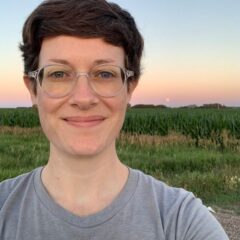
Rachel Lyons (she/her) is the daughter of Diane and Dan Lyons, sister to Ruth, John, Lauren, Mark, and Kacy, partner to Terese, and aunt to four little humans. She is a member of the Chicago Community Jail Support mutual aid group and the Co-Executive Director at the Chicago Community Bond Fund. She has done rapid response jail support connected to protests and uprisings since 2017 and has been involved in daily jail support efforts outside of Cook County Jail since 2020. Rachel has a decade of experience in social justice education, facilitation, and nonprofit leadership. Rachel holds a BA in Anthropology from Washington University in St. Louis and an MA in Social Justice and Community Development from Loyola University Chicago.
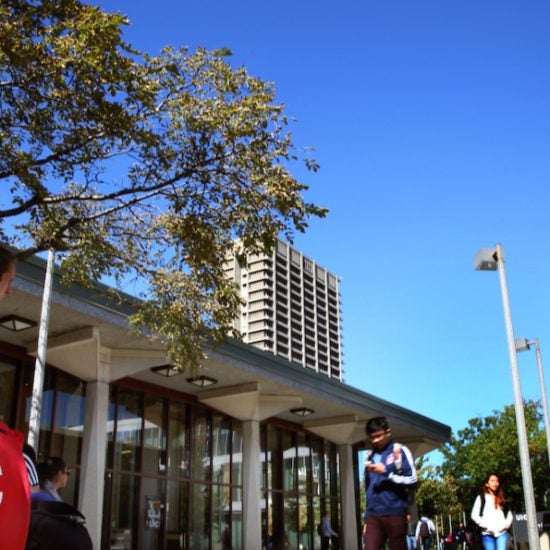
Course Contacts Heading link
Katie O’Connell (TA), koconn37@uic.edu
Emily Etzkorn (Admin), eee2@uic.edu
Video archive Heading link
-
Course videos
January 14 lecture
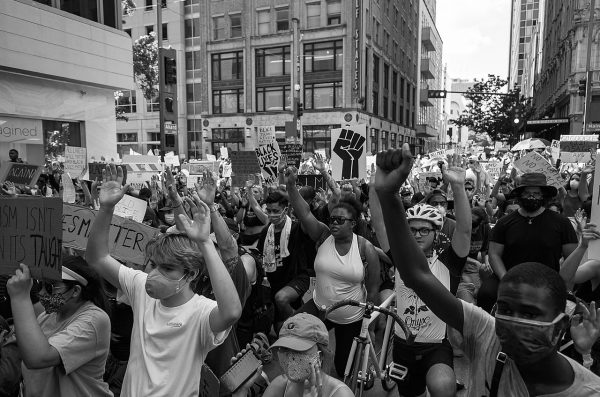
Our first course meeting focuses on “A Historical Overview of Health Inequities and Structural Racism.” Featuring Dr. Linda Rae Murray, MPH ’80, former president of the American Public Health Association.
January 21 action lab
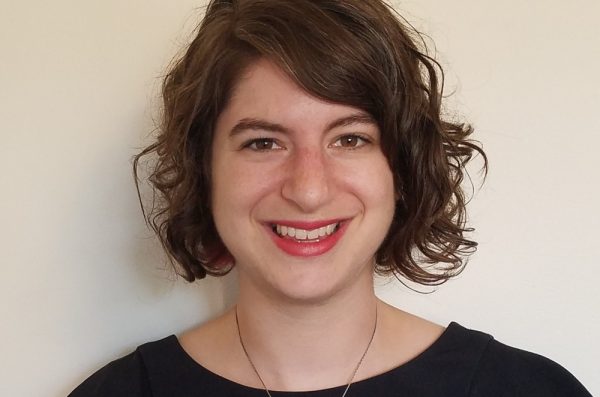
This week’s action lab focuses on facilitated discussions and consensus building, led by Anna Yankelev, MPH ’19, strategic planning analyst with the Lake County (IL) Health Department.
January 28 lecture
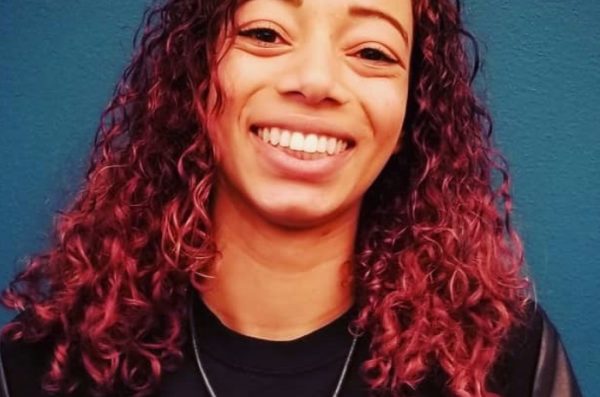
Our focus this week is “Social Capital, Privilege and Positionality.” Led by Alexis Grant, community engagement fellow at the UIC School of Public Health.
February 4 action lab
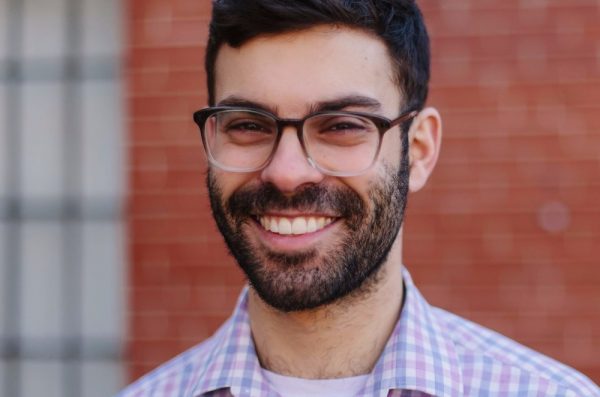
Build your expertise in “Organizing 101 and Coalition Building.” Our featured speaker is Benjamin Levenson, deputy director of Justice is Global, which works for an equitable and sustainable global economy.
February 11 lecture
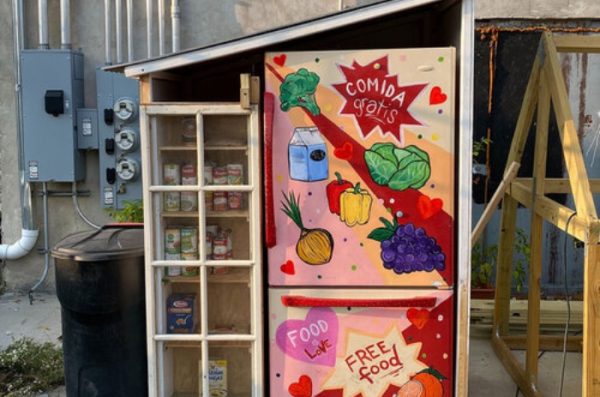
This week’s course focuses on mutual aid, led by the staff of Love Fridge Chicago, a mutual aid group grounded in food, working to place community refrigerators across the city.
February 18 lecture
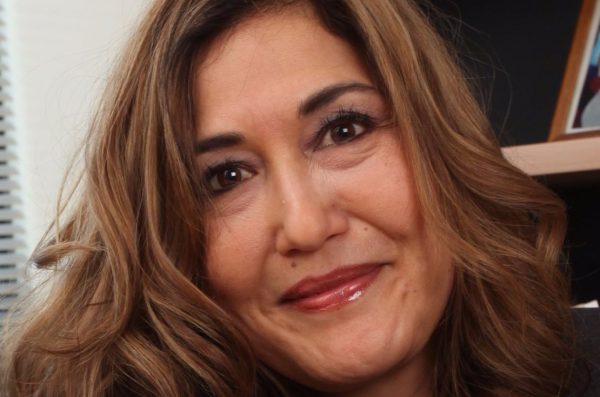
Join us for an examination of the public health implications of and solutions to evictions. Led by Susanne Soederberg, DPhil, professor of global development studies at Queen’s University in Ontario, and Frank G. Avellone, Lawyers’ Committee for Better Housing.
February 25 action lab
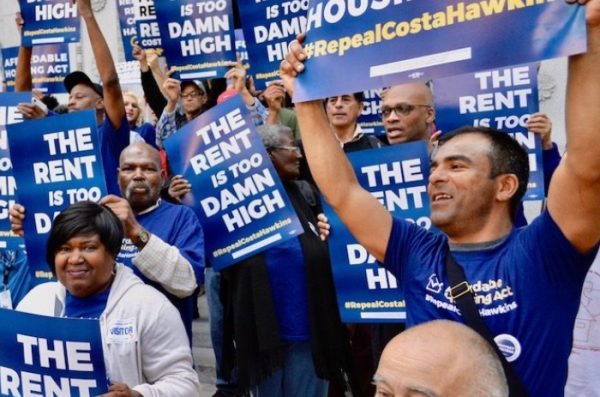
Join our panel-led action lab aimed at addressing evictions and modeling housing advocacy in public health practice. Panelists include Jon Wilson, community organizer, Dixon Romeo, Tenants Association Organizer and Tyler Zimmer, University of Chicago.
March 4 action lab
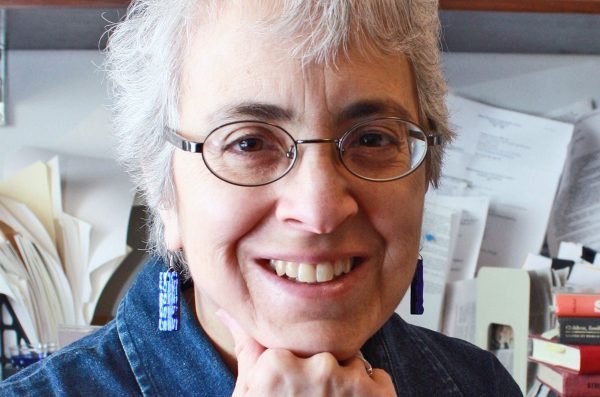
Arden Handler, DrPH, director of the UIC Center of Excellence in Maternal and Child Health, leads this week’s action lab on “Advocating to Policy Makers.”
March 11 lecture
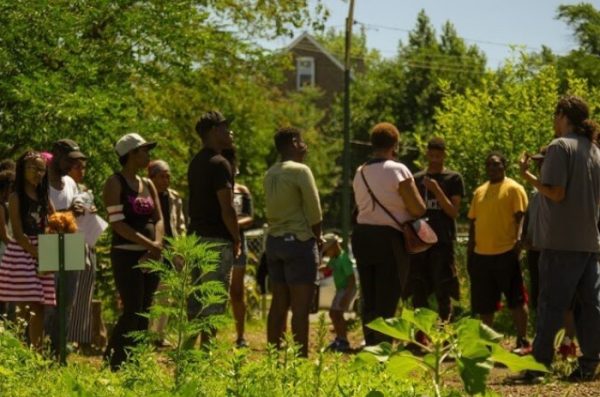
Join in as we take a look at putting policy into action, led by staff from the Chicago Food Action Policy Council, which works for policies that advance food justice and food sovereignty in Chicago and across the region.
Action lab: art as advocacy
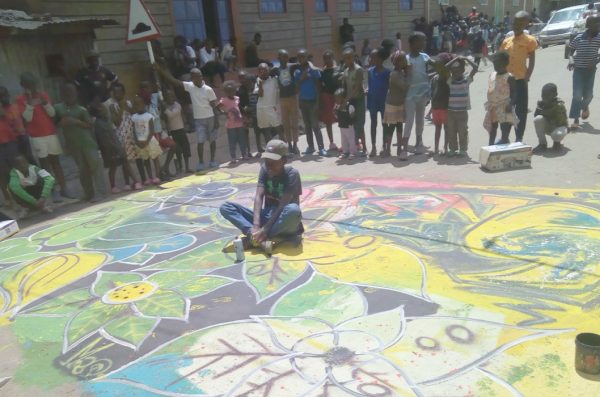
How can art be used for advocacy? Join an action lab led by Carrie Sandahl, PhD, director of UIC’s Program on Disability Art, Culture and Humanities.
Action lab: using public health data
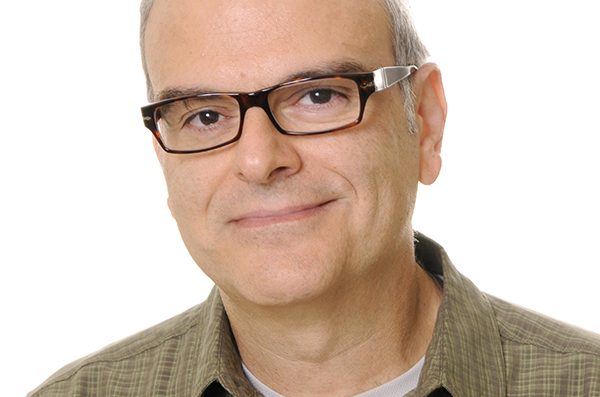
Learn how to use public health data in an action lab led by Michael Cailas, PhD, an expert in public health geographic information systems at the UIC School of Public Health.
Panel discussion: environmental justice
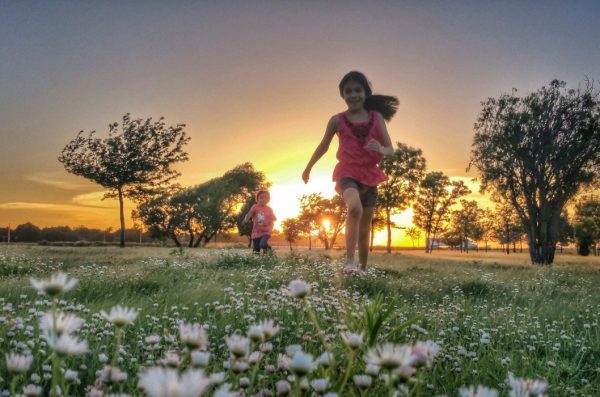
Join experts from across Chicago advocating for environmental health justice in our neighborhoods and communities for a panel discussion.
Structural racism and the disability movement
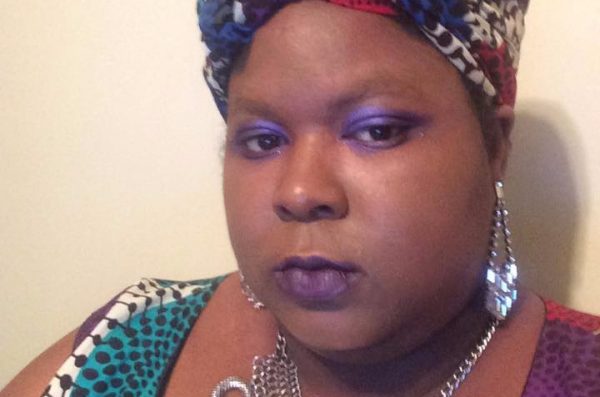
This week we take on “Fighting Structural Racism: The Disability Movement.” Led by Washieka Torres, a disability rights scholar, activist, and documentarian at the UIC College of Applied Health Sciences.
Social change in practice
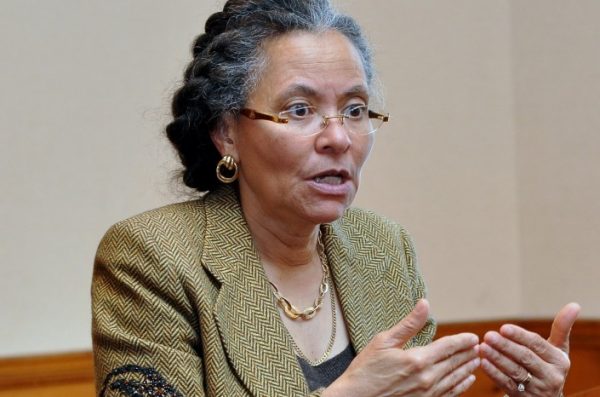
Our course series concludes with a focus on social change in practice with Camara Jones, MD, a family physician and epidemiologist whose work focuses on naming, measuring, and addressing the impacts of racism on the health and well-being of the nation.